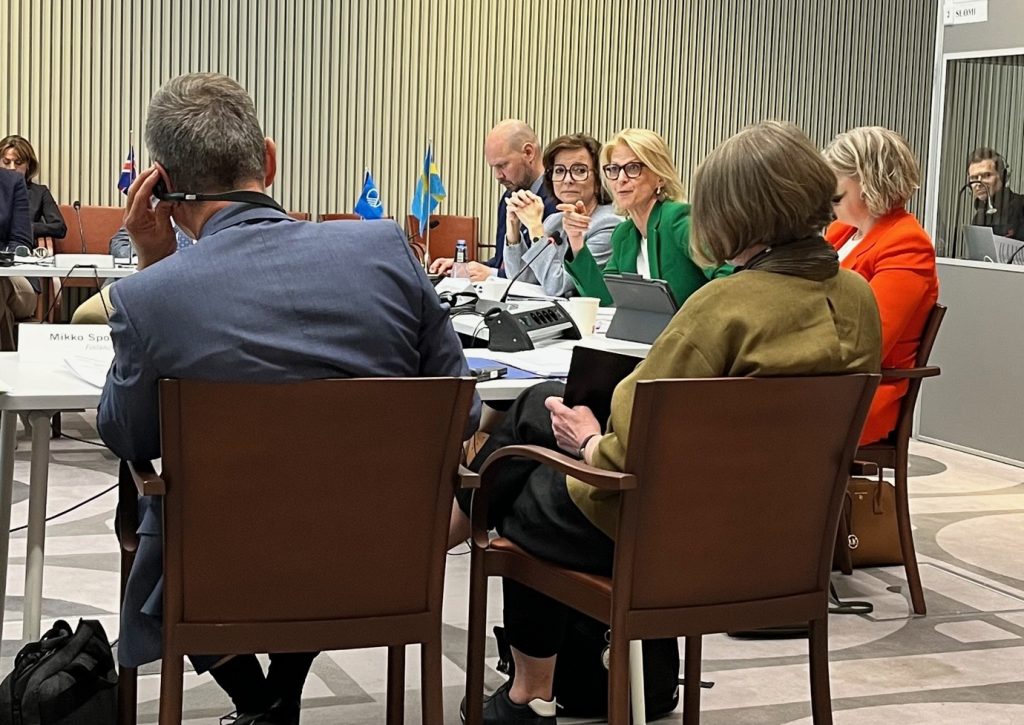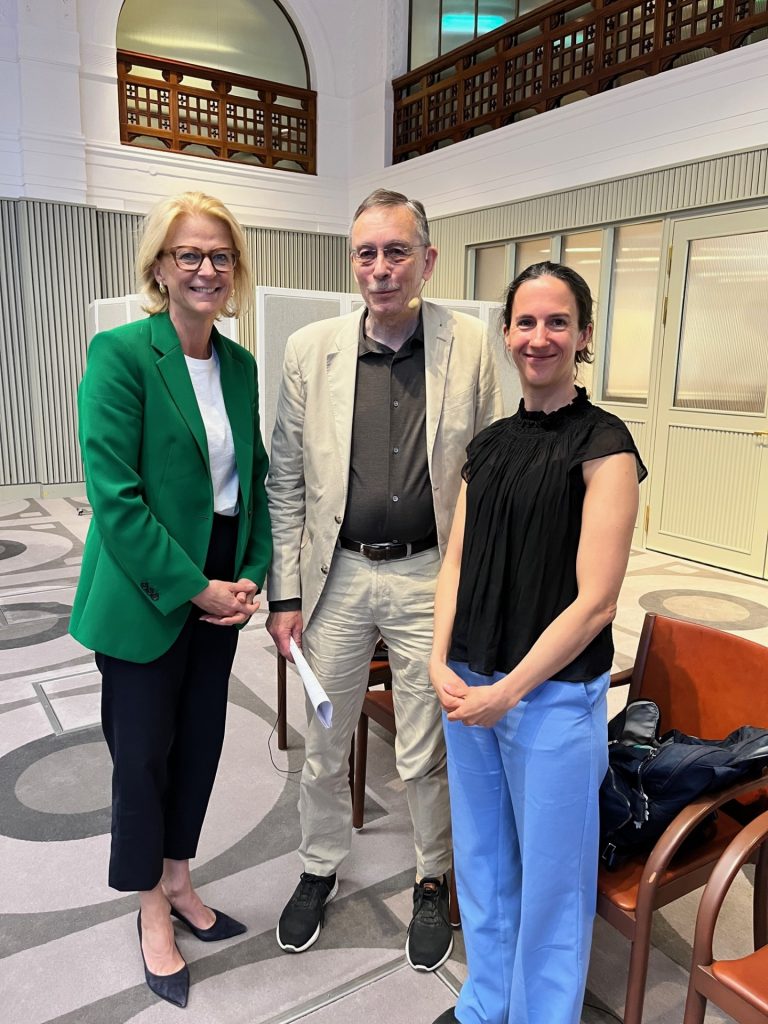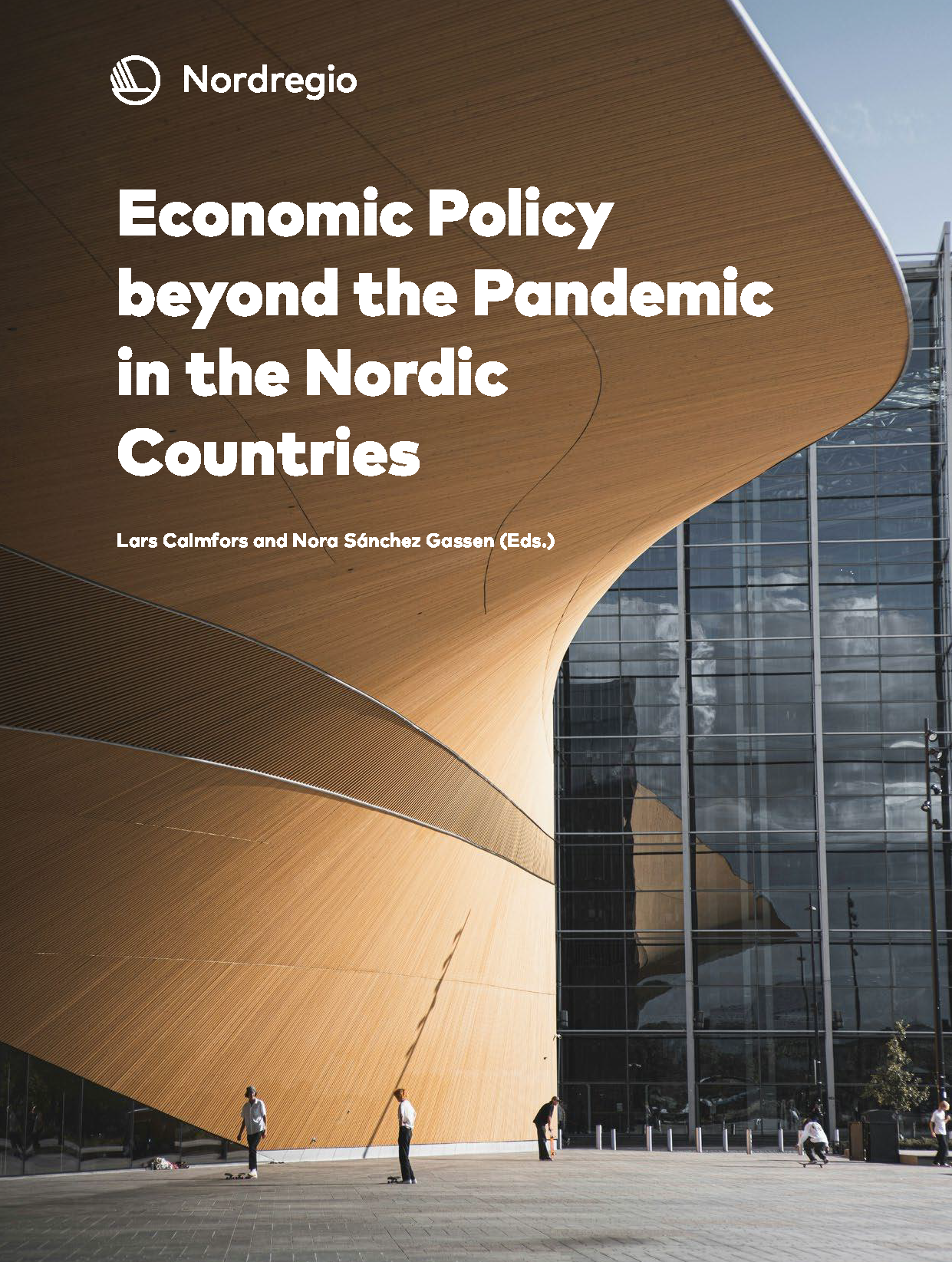On June 3 and 4, the Nordic finance ministers convened in Stockholm to address shared economic challenges. Key topics included the economic and political management of the COVID-19 pandemic, as well as the subsequent energy and inflation crises in the Nordic Region.

A central focus of the meeting was Nordregio’s latest report, “Economic Policy beyond the Pandemic in the Nordic Countries,” published in April. Co-editor Lars Calmfors presented key findings, highlighting the critical role of fiscal policy in stabilizing the economy during crises and supporting both households and businesses. He also discussed the long-term fiscal outlook for Nordic countries, considering demographic changes.
“This report is essential, and there is much we can learn from it,” said Elisabeth Svantesson, the Swedish Minister of Finance. “It’s clear that we also have a lot to learn from each other in the Nordics, particularly when preparing for future unforeseen crises.”

Lars Calmfors also turned to the future when Karen Ellemann, the Secretary-General of the Nordic Council of Ministers, inquired about further research priorities. He indicated that the 2025 edition of the Nordic Economic Policy Review would focus on wage formation in the Nordic countries and will be an important opportunity to think freely on the topic.
“The Nordic comparison is often overlooked. We tend to focus inwardly on our own countries and then outwardly towards the EU, but there is significant value in Nordic comparisons,” Calmfors remarked.
Later this week Nordregio will also launch the 2024 edition of the Nordic Economic Policy Review, which provides a rich perspective on fiscal stabilisation in Nordic countries.


Economic Policy beyond the Pandemic in the Nordic countries
This comprehensive report delves into the economic policy responses of the Nordic countries amidst the tumultuous period marked by the COVID-19 pandemic, the subsequent recovery phase, the energy crisis, and inflation spanning from 2020 to 2023.
It is essential reading for policymakers, economists, and anyone interested in the complexities of economic policy-making in the face of multiple crises.




